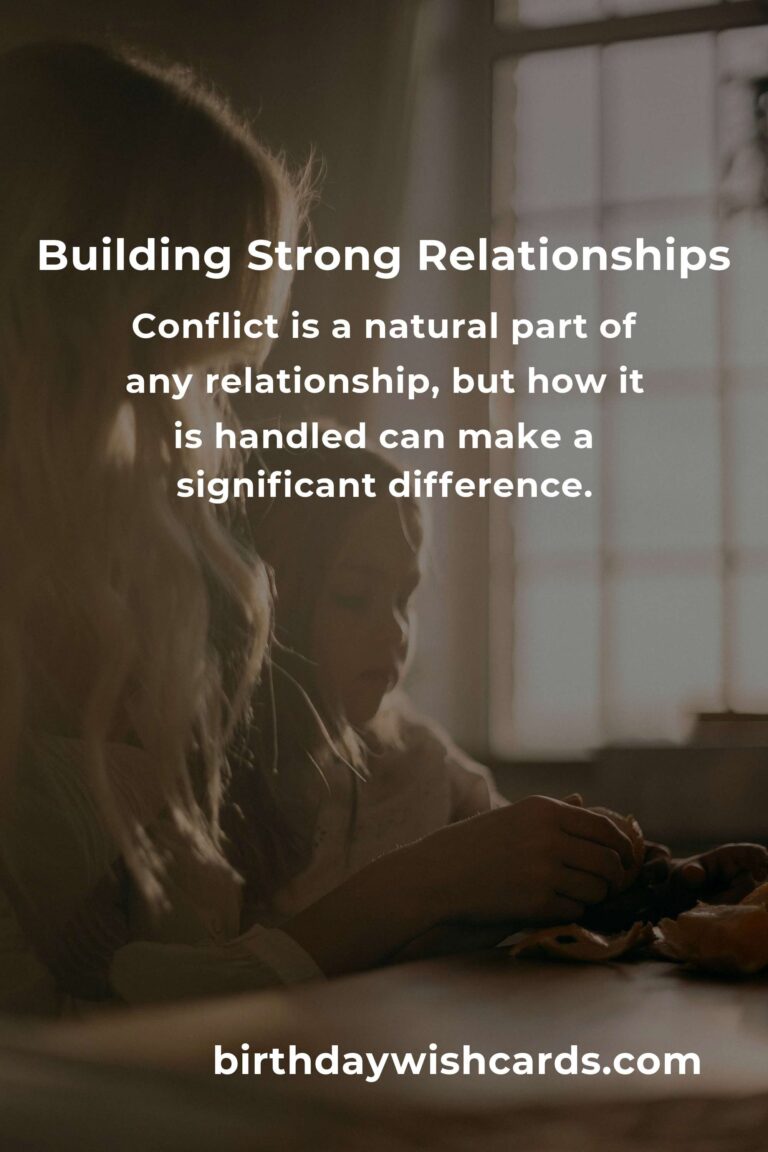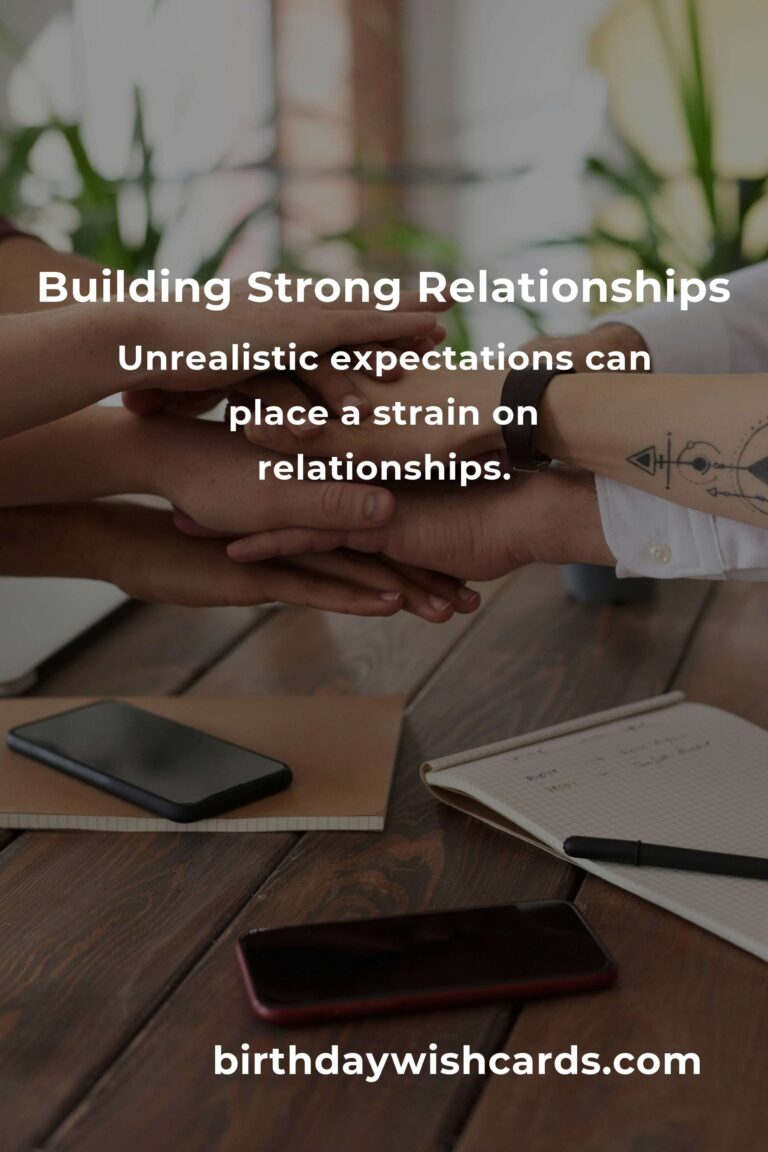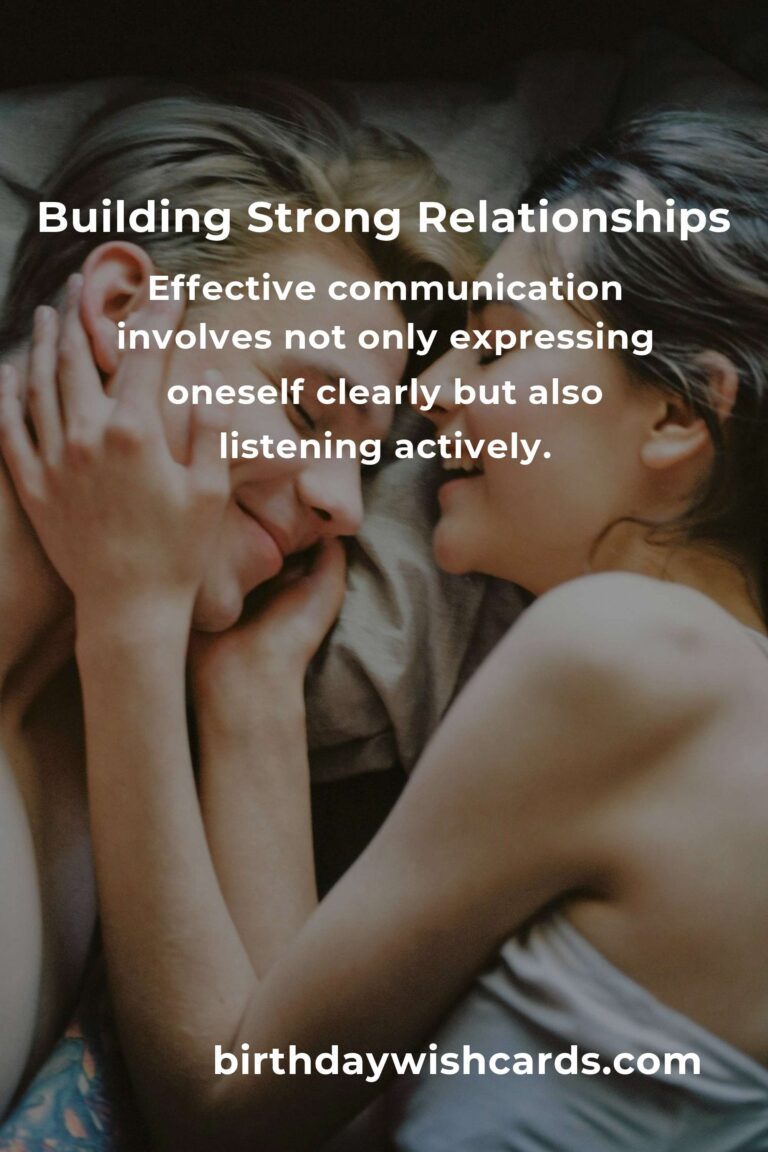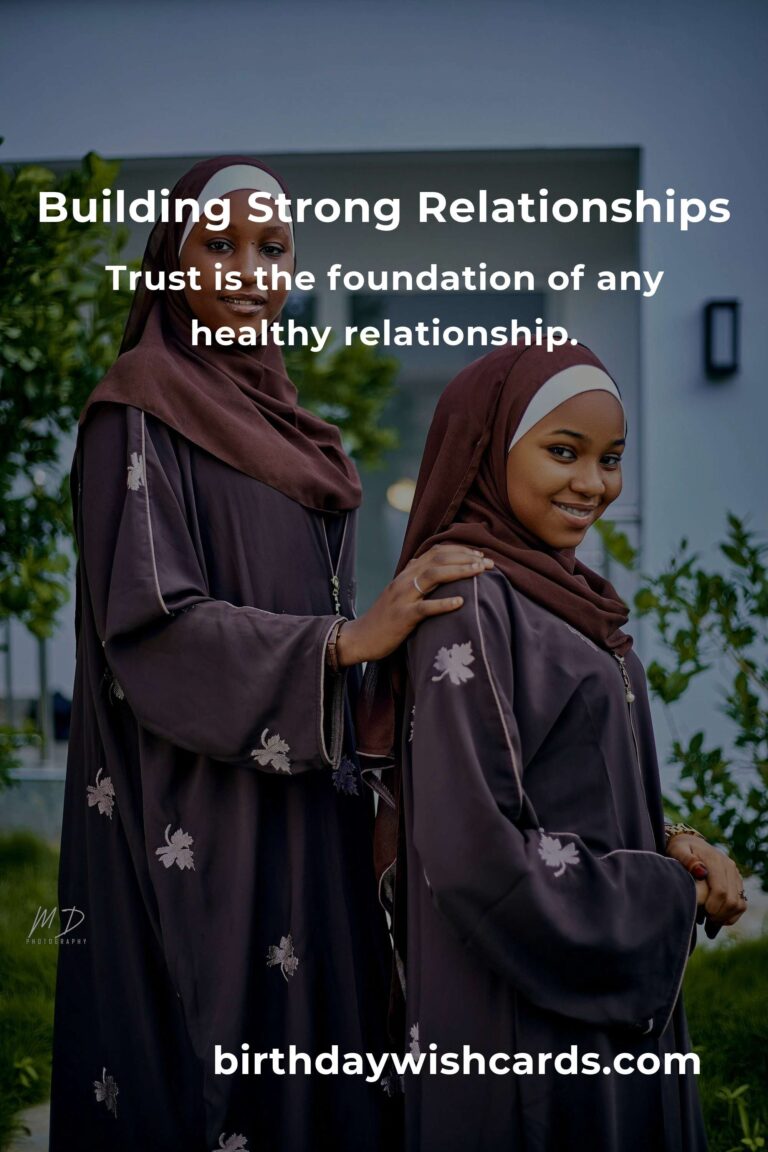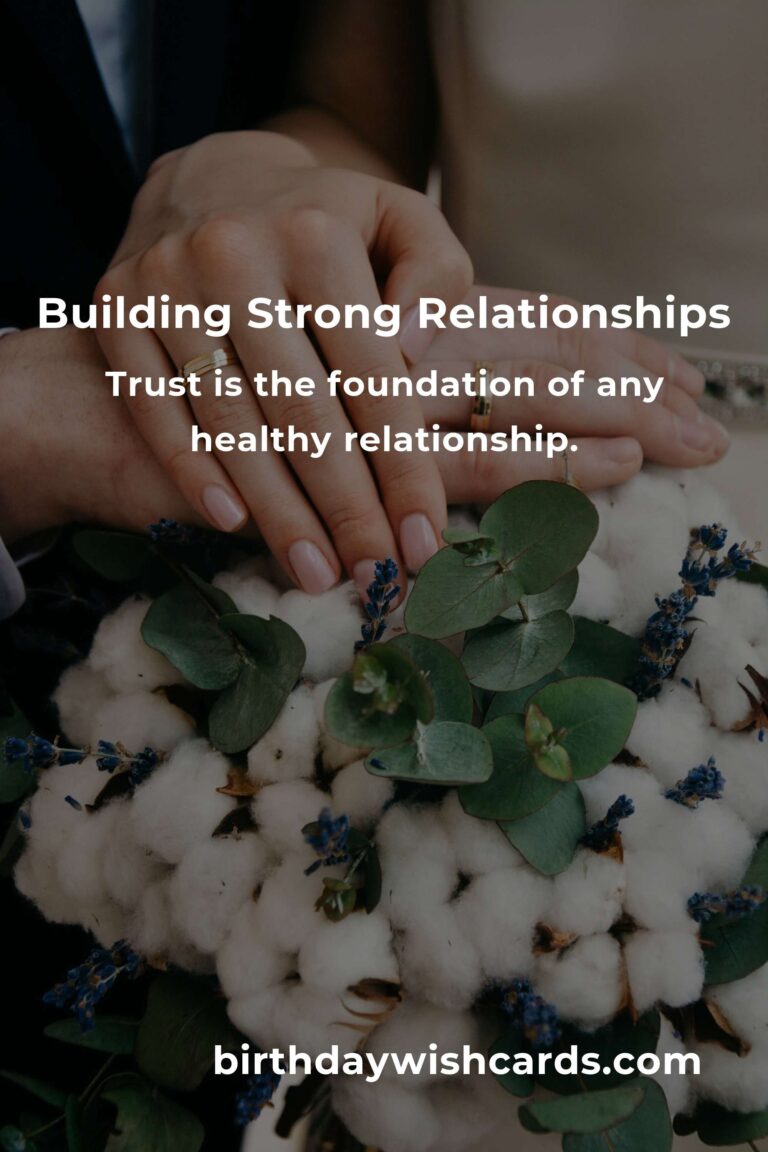
Healthy relationships are fundamental to our well-being and happiness. They can offer support, companionship, and joy, but maintaining a healthy relationship requires effort and understanding. Here, we delve into some common problems that arise in relationships and offer solutions to help navigate these challenges effectively.
Understanding Communication Barriers
One of the most common issues in relationships is poor communication. Misunderstandings can lead to unnecessary conflicts and resentment. Effective communication involves not only expressing oneself clearly but also listening actively. Partners should strive to create an open environment where both feel safe to share their thoughts and feelings.
Solution: Set aside time each week to have open discussions. Practice active listening by giving full attention, acknowledging feelings, and responding thoughtfully. Avoid interrupting and ensure that non-verbal cues, such as body language, align with verbal communication.
Managing Expectations
Unrealistic expectations can place a strain on relationships. These expectations often stem from personal desires or societal pressures, leading to disappointment when unmet.
Solution: Openly discuss expectations with your partner. Understand the difference between healthy expectations, which promote growth and mutual understanding, and unrealistic ones, which can cause dissatisfaction. Re-evaluate and adjust expectations as the relationship evolves.
Dealing with Conflict
Conflict is a natural part of any relationship, but how it is handled can make a significant difference. Avoiding conflict altogether can result in unresolved issues, while aggressive confrontations can damage the relationship.
Solution: Adopt a constructive approach to conflict resolution. Focus on the issue at hand rather than personal attacks. Practice empathy by trying to understand your partner’s perspective. Seek compromises and solutions that satisfy both parties.
Maintaining Individual Identity
In committed relationships, individuals may sometimes lose their sense of self. It’s important to maintain one’s identity to ensure personal happiness and a balanced relationship.
Solution: Encourage personal growth by supporting each other’s interests and hobbies. Set personal goals and pursue them. Regularly spend time apart to nurture independence and bring new experiences into the relationship.
Building Trust
Trust is the foundation of any healthy relationship. Without it, insecurity and doubt can erode the bond between partners.
Solution: Build trust through honesty, transparency, and reliability. Consistently meet commitments and communicate openly about any issues. If trust is broken, work collaboratively to rebuild it, recognizing that this process takes time and patience.
In conclusion, a healthy relationship requires continuous effort and a willingness to confront and resolve issues as they arise. By addressing communication barriers, managing expectations, handling conflicts constructively, maintaining individual identity, and building trust, partners can overcome common relationship challenges and foster a strong, lasting connection.
Healthy relationships are fundamental to our well-being and happiness. Effective communication involves not only expressing oneself clearly but also listening actively. Unrealistic expectations can place a strain on relationships. Conflict is a natural part of any relationship, but how it is handled can make a significant difference. Trust is the foundation of any healthy relationship.
#HealthyRelationships #Communication #Trust #RelationshipAdvice #ConflictResolution


